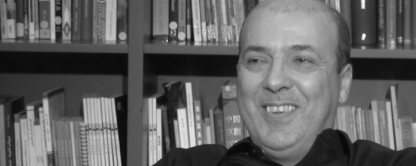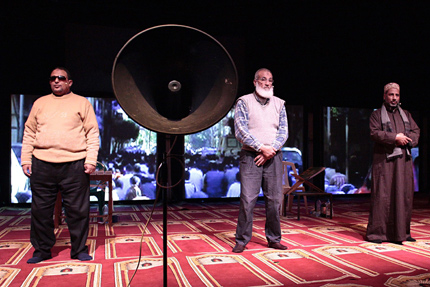 In this interview, IRC-Advisory Board Member Khalid Amine, Professor of Performance Studies, Faculty of Letters and Humanities at Abdelmalek Essaadi University, Tetouan, Morocco, speaks about his focus on interweaving. Describing himself as “a hybrid post-colonial subject located between East and West and between different traditions”, Amine tries to bridge the gap between theory and practice. As the founder of Performing Tangier, an international festival annually taking place in Tangier, and the Founding President of the International Centre for Performance Studies (ICPS) in Tangier, Amine talks about his efforts to show the positive potential of the concept of interweaving and that of collaborations.
In this interview, IRC-Advisory Board Member Khalid Amine, Professor of Performance Studies, Faculty of Letters and Humanities at Abdelmalek Essaadi University, Tetouan, Morocco, speaks about his focus on interweaving. Describing himself as “a hybrid post-colonial subject located between East and West and between different traditions”, Amine tries to bridge the gap between theory and practice. As the founder of Performing Tangier, an international festival annually taking place in Tangier, and the Founding President of the International Centre for Performance Studies (ICPS) in Tangier, Amine talks about his efforts to show the positive potential of the concept of interweaving and that of collaborations. 









